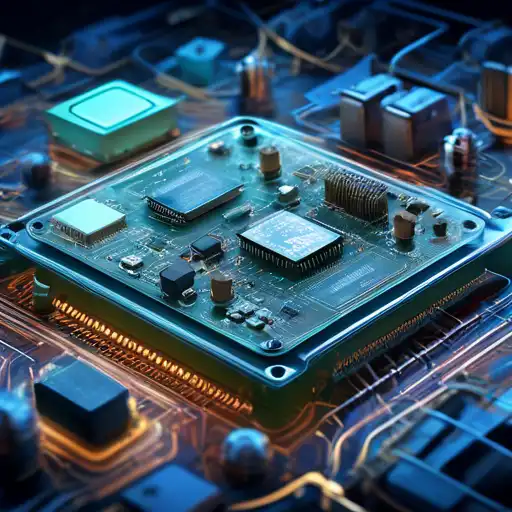The Hidden Power of Embedded Systems in Modern Smart Devices
Embedded systems are the cornerstone of today's smart devices, acting as the brains that power everything from your smartphone to your smart fridge. These specialized computing systems are designed to perform dedicated functions within larger mechanical or electrical systems, often with real-time computing constraints. Unlike general-purpose computers, embedded systems are optimized for their specific tasks, leading to increased efficiency and reliability.
What Are Embedded Systems?
At their core, embedded systems are combinations of hardware and software that are built to carry out a specific task. They are embedded as part of a complete device often including hardware and mechanical parts. Examples include the systems controlling your car's anti-lock brakes, the firmware in your smart thermostat, and the software running your digital watch.
The Role of Embedded Systems in Smart Devices
Smart devices rely heavily on embedded systems to process data, connect to the internet, and interact with users. These systems are what make devices 'smart' by enabling them to perform complex computations, connect to other devices, and adapt to user preferences. For instance, the embedded system in a smart thermostat learns your schedule and temperature preferences to optimize your home's heating and cooling efficiency.
Key Components of Embedded Systems
- Microcontrollers or Microprocessors: The brain of the embedded system, responsible for executing instructions.
- Memory: Stores the system's firmware and temporary data.
- Input/Output Interfaces: Allow the system to interact with the external world.
- Power Supply: Provides the necessary energy for the system to operate.
Challenges and Future Directions
Despite their widespread use, embedded systems face challenges such as security vulnerabilities and the need for more efficient power consumption. However, advancements in IoT (Internet of Things) and AI are paving the way for more sophisticated and secure embedded systems. The future of embedded systems lies in their ability to become even more integrated into our daily lives, making smart devices smarter and more intuitive.
Embedded systems are the unsung heroes of the digital age, powering the devices that make our lives easier and more connected. As technology continues to evolve, the role of embedded systems in smart devices will only grow, highlighting their importance in the fabric of modern technology.
